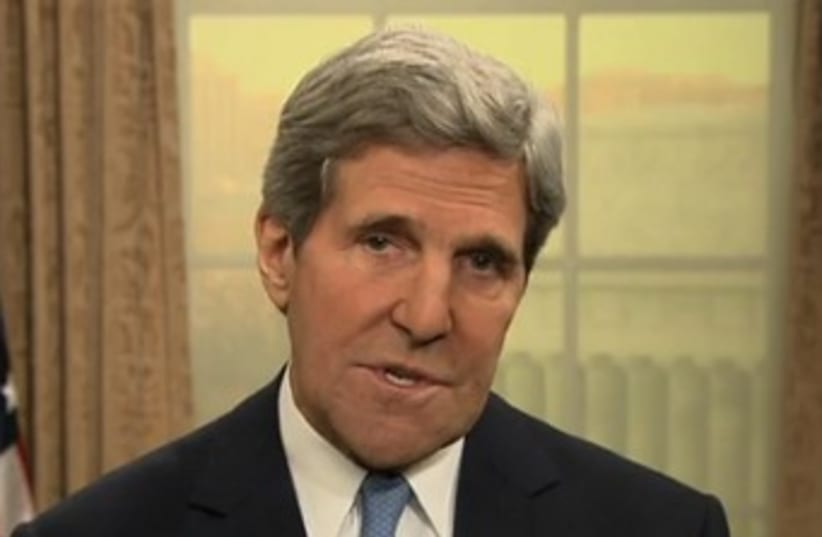Kerry: Failing to reach nuclear deal will push Iran to obtain nuclear weapons
US secretary of state makes case against imposing additional sanctions on Tehran, saying such a move would signal to Iran the US isn't willing to negotiate in good faith; says no distance between US, Israel on issue.
